Victim Survivors' Advisory Council member Yara* has written a poem about what respect is for her as part of the 16 Days of Activism Against Gender-Based Violence and International Day of People with a Disability.
Yara* lives with multiple disabilities and chronic illnesses and is a victim survivor of family violence, childhood abuse, and institutionalised abuse. She became the Disability Representative on Victoria's Victim Survivors' Advisory Council in January 2020. The video below is an adaptation of the spoken word piece.
Respect Is...
Respect is patience, empathy, kindness, being loving and gentle.
Respect is respecting and loving yourself first, nurturing yourself.
Respect is living free from violence, abuse, discrimination and phobias.
Respect is acknowledging you were born from a woman, you came from a woman and there wouldn’t be any future without women.
Respect is not putting disabled women down, just for being who we are.
Respect is loving and embracing all diversities, all races, all cultures, all genders, all sexualities, all abilities and peoples from all walks of life.
Respect is feeling safe in your body mind and spirit.
Respect is knowing you can say how you feel without being put down or having your feelings dismissed or ignored.
Respect is feeling like you can speak your mind, and say anything you want, without being judged or put down for it.
Respect is being able to easily say no to anything you’re not comfortable with.
Respect is having disagreements but being able to talk through them, working out solutions together, negotiating and meeting each other half-way.
Respect is knowing when you need space to nurture yourself and your relationships.
Respect is making equal sacrifices for the good of your family’s and relationships.
Respect is doing anything for the person you love but knowing your own boundaries.
Respect is sticking by the ones you love in the hardest of times, whilst drawing the line on having no tolerance for and making no excuses for abuse.
Respect is being loved for your good, your bad and your ugly, and having the patience to work through your own and your partner's issues.
Respect is learning from mistakes and feeling safe to make more mistakes.
Respect is knowing you can count on them to do right by you, knowing they have your back.
Respect is not having any negative feelings in your gut and trusting your gut instinct and your heart.
Respect is healing your trauma as much as possible so that it doesn’t impact your partner, your children and the next generations.
Respect is not making excuses for when you are in the wrong.
Respect is learning from your mistakes and seeking help if you can’t change.
Respect is having the humility to say sorry, right your wrongs, learn from your mistakes and change your behaviours.
Respect is treating all women and peoples how you would like to be treated yourself, and equal respect to how you would treat your own daughter.
Respect is doing our best to change the housing and homelessness system so that no one escaping family violence is forced into homelessness.
Respect is intervening in family violence when it’s safe to do so.
Respect is being an ally and a friend to all victim survivors of family violence.
Respect is educating children and young people that abuse and violence is never acceptable, normal or OK.
Respect is acknowledging and remembering everyone who has died from family violence.
Respect now, respect for the future, respect always.
Respect, before it’s too late…
Children and young people are hardly ever a part of conversations about their experiences of family violence and hard times. They have important stories to share and by not hearing them, you’re missing a massive part of the family violence narrative. As part of Family Safety’s Victoria’s upcoming Lived Experience Forum More than our story: action, wisdom and change, Kirra and Monique co-facilitated workshops to hear directly from children and young people.
Kirra, a Lived Experience Consultant with Berry Street’s Y-Change initiative and a Youth Focused Peer Support Worker at Take Two Northern Healing and Recovery Program, collaboratively worked with clinician Monique Balfour, combining professional knowledge and lived experience.
We spoke to young people aged 10 to 22 about their thoughts on services, mental health, workers, courts and any issues or areas that matter to them when experiencing family violence. We had options for young people to choose how they would like to be involved in creating change and what they felt was most important for adults to know. We ran one group session and a few individual sessions where we explored conversations around the importance of listening to children and young people, changes they wanted to see in the system, the impact family violence has on their mental health and what makes them feel safe and unsafe.
We also had a live illustrator, Zahra Zainal, attend one of the workshops and captured our key themes and discussions from all the workshops into the illustration below. All the young people who participated have consented to this being shared with the hope for change. Children and young people with a lived experience of disadvantage are activists, advocates, knowledge holders and in their own right, leading change.
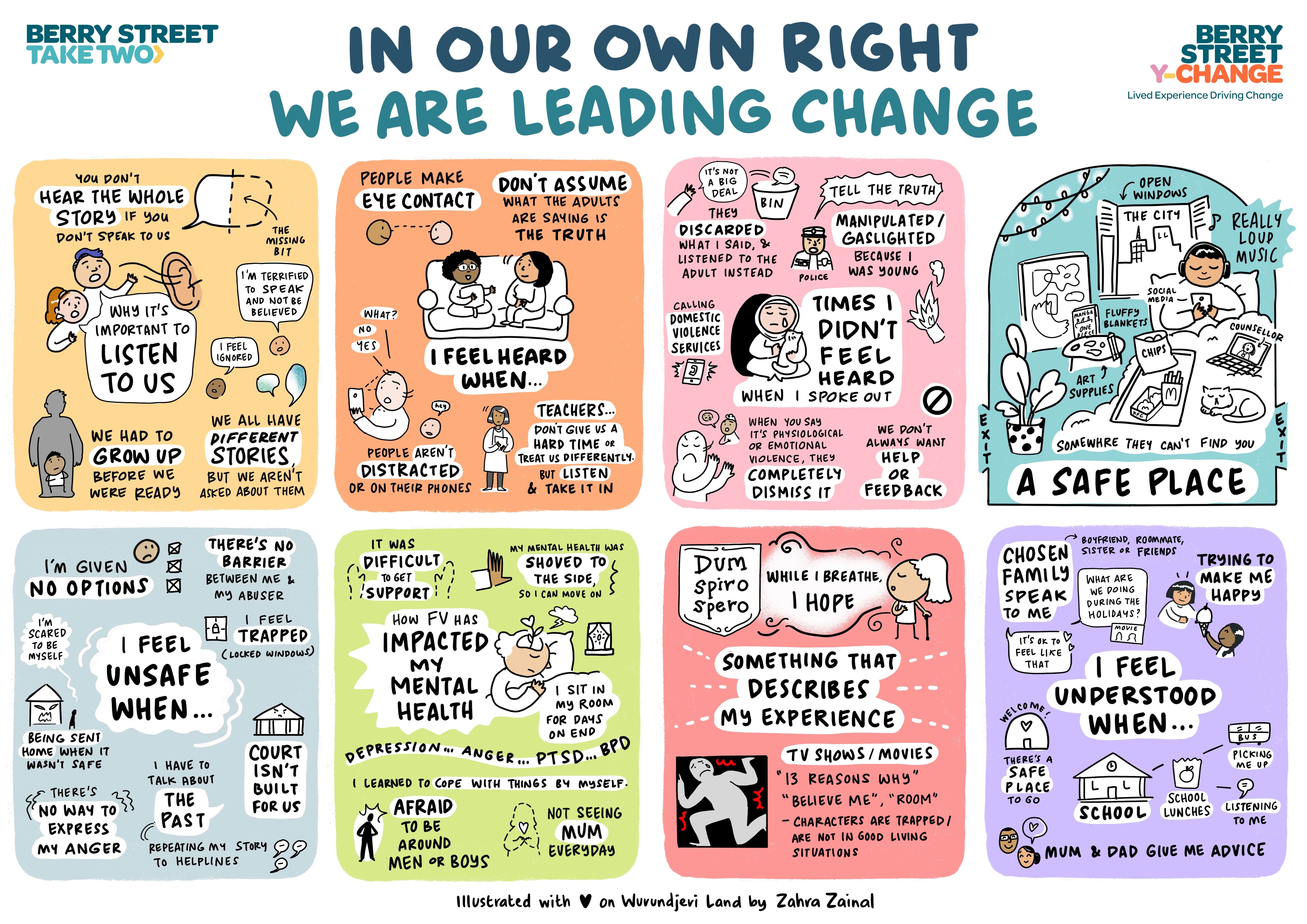
Created by VSAC’s Aboriginal members as an enduring symbol of their collective work.
What is a message stick?
In Aboriginal culture message sticks were used to communicate, whether it be an invitation or notification of some type, between different clans. I have read the history of message sticks and one thing that stuck out for me was that it allowed the carrier safety into another clan to deliver a message. I am hopeful that the VSAC message stick creates a space for the members to speak safely and feel supported during the meetings and consultations. I think VSAC is already a safe space, but I love that my culture can be a part of that safe feeling also. Chantelle VSAC member, 2022
How was it made?
The timber I used is Blackwood (Acacia melanoxylon) which I sourced from the Country of my belonging - Lake Condah, Kerrup Gunditj Clan, Gunditjmara Country. Blackwood is a highly utilised and valued resource for Gunditjmara. The timber is used for tools and weapons such as boomerangs, digging sticks and coolamons. Seeds from the Blackwood can be collected and used as a food source, and the bark is traditionally used by Gunditjmara as a treatment for rheumatism. I recycled this piece of timber from an old tree that had fallen and had been cleared from the side of a track. I've used contemporary tools to shape and finish the message stick, whereas traditionally Gunditjmara used stone tools to shape their works. Ben Church, Artist, 2022
What does the design represent?
Orange is a colour that represents work in the Family Violence space. Respect Victoria states ‘Orange is a vibrant colour that symbolises hope for a future free from violence’. When The Orange Door service was being discussed, the reason for the colour was to be noticeable so the issue is no longer hidden. The issue is spoken about more. To me all these things are what VSAC is about. We are a part of a group making change, wanting a better future and talking about issues that previously haven’t been discussed so openly. Chantelle VSAC member, 2022
How will the message stick be used by VSAC?
There are always two Aboriginal members on the VSAC council to support each other. When one member leaves the other member stays on for a further year to support the new member.
The longer serving member works with an Aboriginal artist of their choice to add their design to the message stick and passes the message stick to the next member. This symbolises that we build on our collective knowledge and pass our knowledge to the next member to continue our work.
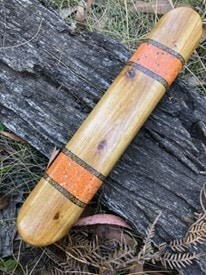
A prison is not a home
I need a home to heal
A prison is not a home
I need a place to land and learn
I need a home to heal
A prison is not a home
A prison is a hole
A cage of torture harm control
attempting to tear out my soul
What’s their objective
What’s their goal
They can’t really want to steal my soul?
For I am human
But not in these moments- you don’t see me
You stripped me, humiliated me and threw away the key
It’s cold, I am alone – I hear the painstaking cries
The guilt the shame- this is not a game
Fear-desperation -angst and me
This is exactly how I imagined it to be.
Isolation discrimination this is an abomination
I am mistreated and abused- I am, Who am I?
I am a lover not a fighter but it’s the fight you will see,
Without the fight I wouldn’t be free
You remove me from community
my safety my space
Tearing me from children and family
I can’t bear the look on their face,
The shame the guilt the sheer disgrace
I wanna get the f**k outta this place
These cages these cells these funky smells
I am prisoner now- no name but a number,
No dignity no identity no serenity
But this does not last
You with your badge of torture
Look who I have in my corner
Sisterhood -love respect and nurture
Empathy and understanding
Now I feel like I am landing
For find comfort within these walls
From all the women who are standing tall
You will not break us because we matter
Women of colour I see you I hear you
Transgender folk I see you
Both old and young I hold you
The family friends and children I can feel you
The unborn child I will fight for you
The so many deaths in custody I scream for you
I matter -you matter- we all matter
We are not disposable; we will not be silenced – we will be heard
My heart breaks from all that prison takes
I need a home not a cage
My heart breaks from all that prison takes
Beyond Giving Voice: Partnering with young people with a lived experience to imagine and create radical change
As part of their strategic advocacy work, the Y-Change team made a policy submission to the Victorian Youth Strategy called 'Beyond Giving Voice: Partnering with young people with a lived experience to imagine and create radical change'. This submission puts the lived experiences and expertise of young people at its centre. The underpinning message is the importance of embedding lived experience-led approaches to realise service system and cultural transformation. Read more about the submission on the Berry Street website.
The artwork was commissioned by Y-Change and illustrates one of the core recommendations that arose from conversations as part of our submission response – to have specialist Youth Central Hubs all around Victoria for young people experiencing socioeconomic disadvantage, where they can drop in and get their needs met 24/7. The Hubs would be co-created in partnership with young Victorians who would use them.
Artwork by Chadai Chamoun.
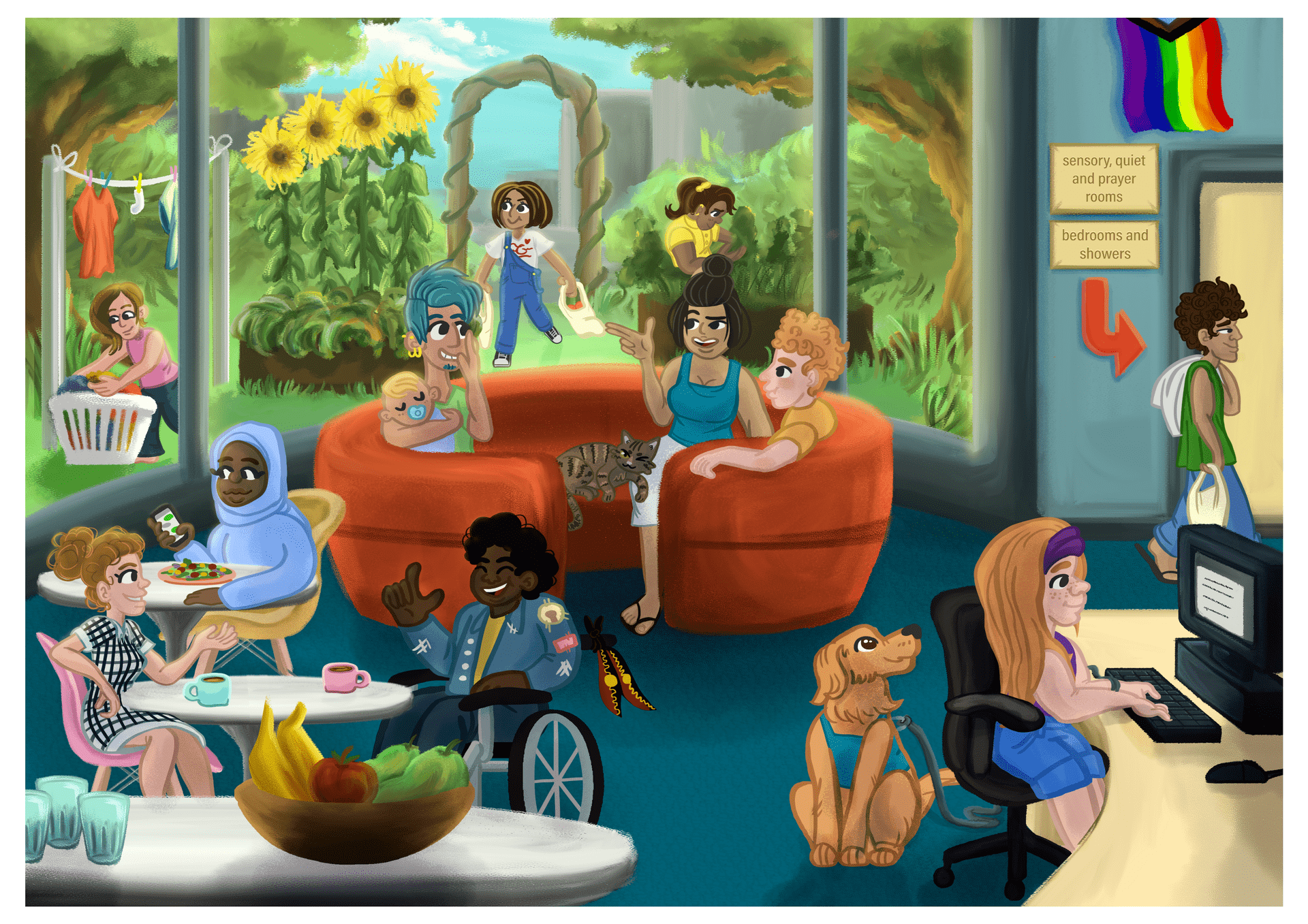
A painting to depict inner strength, resilience and courage to come into the power of being a so much more than a victim of violence of any form.
It is also a Hindu mantra that is sometimes also called Adi parashakti, meaning the First Power.
To empower and motivate, tuning into your personal power and the infinite energy of the cosmos.
Created by Ash Vishwanath.
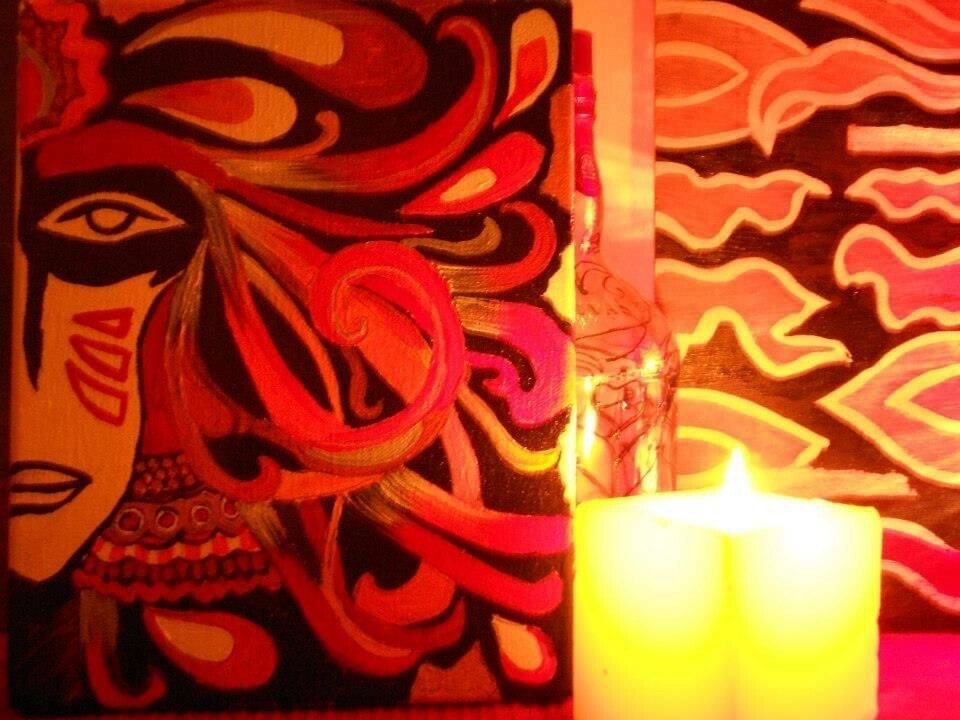
Contain your anger. Channel your energy into purpose to break down barriers.
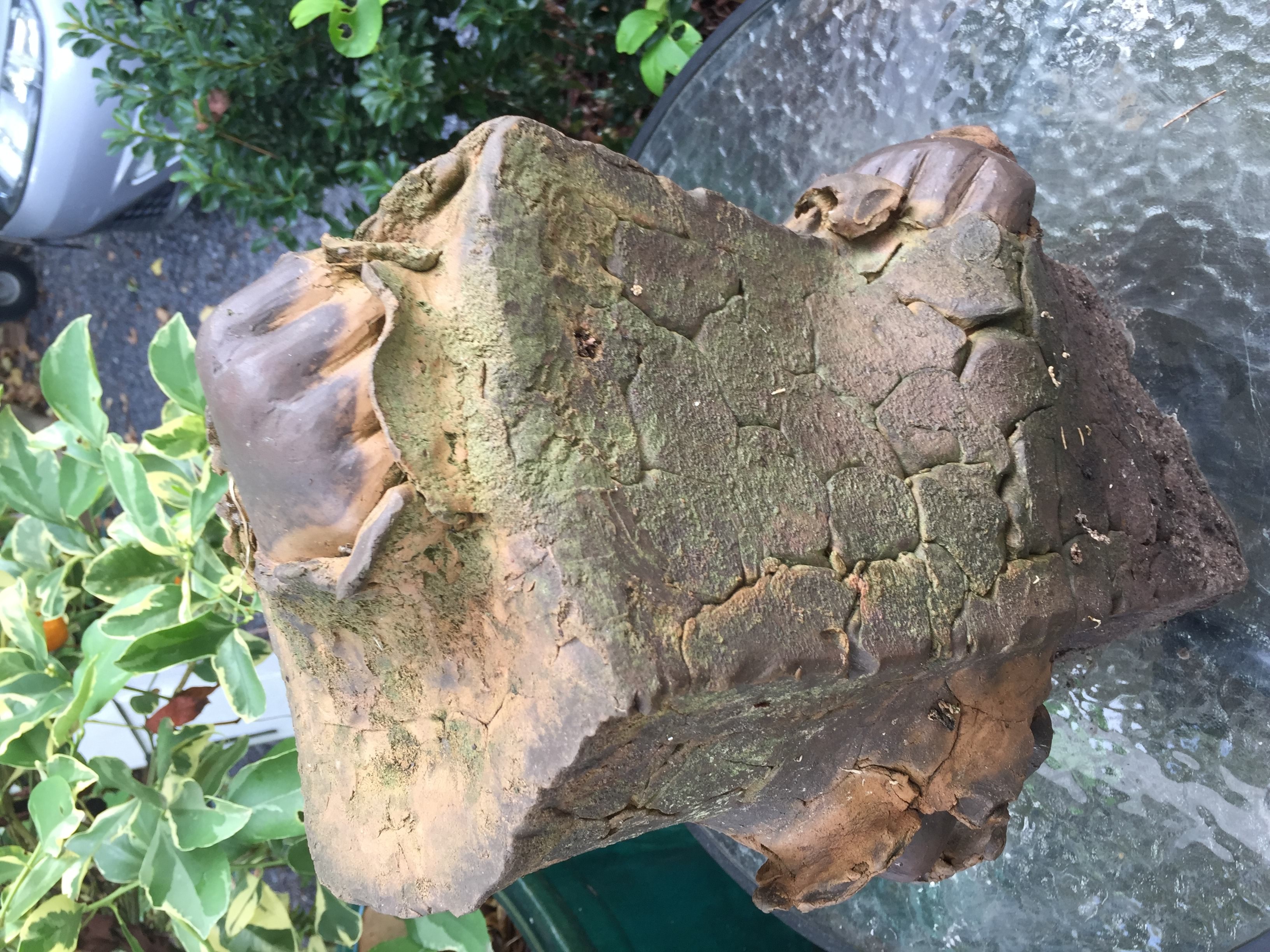
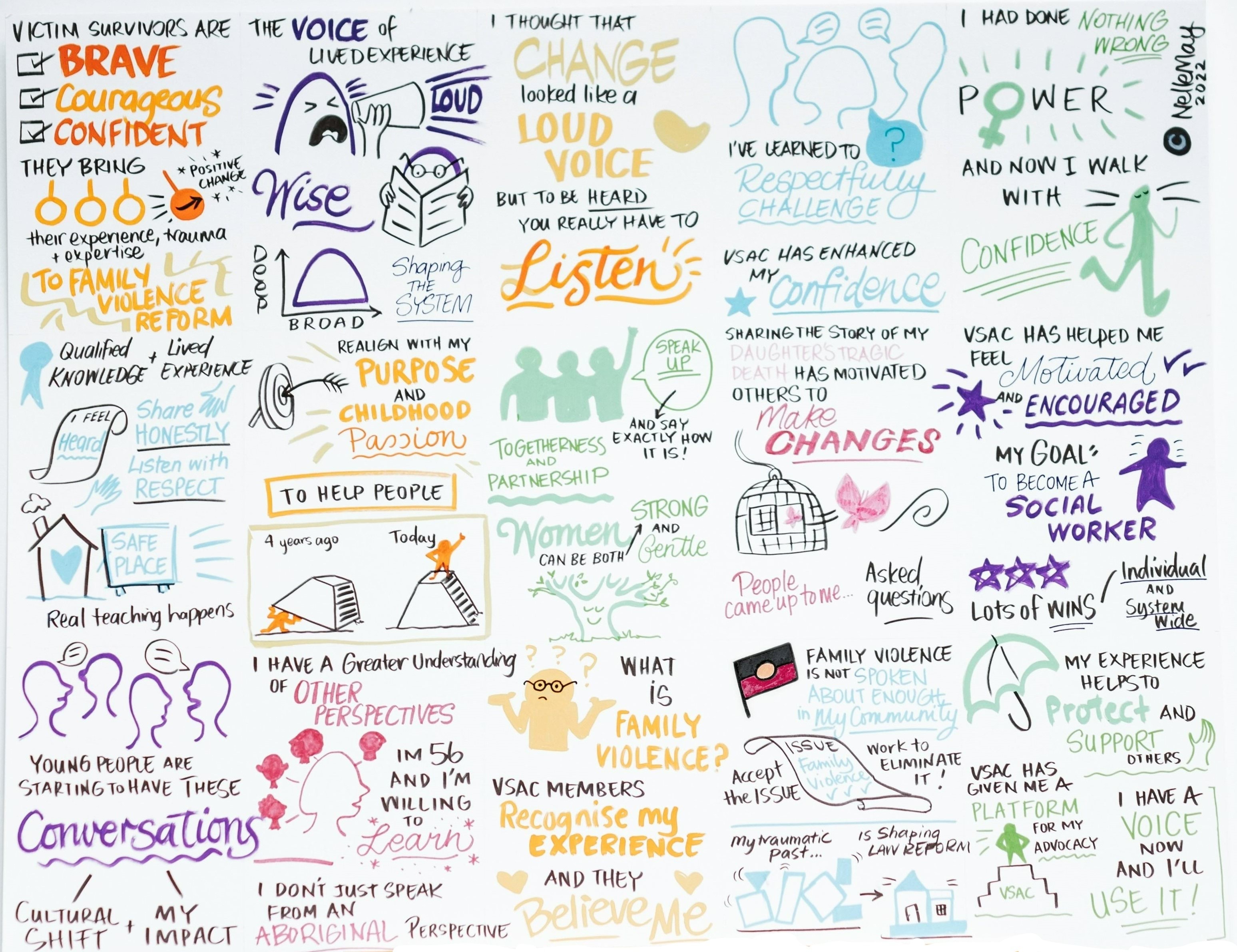
Updated